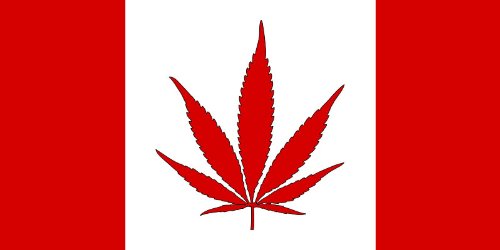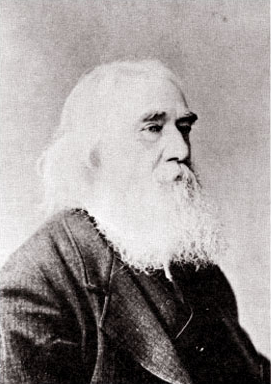Lili Carneglia explains what these two examples of “capitalist excess” are actually the result of regulatory failures:
Without net neutrality, regulations that prevent internet service providers (ISPs) from charging more for priority speeds and higher bandwidth-use sites would disappear. Most Americans are pretty confused by the revised rules but highly skeptical that this action could have any benefits. Many people, especially those living in the rural south where choices are limited, feel like these companies have been taking advantage of their customers for years, and loosening regulatory constraints on these companies seems like a terrible idea.
Net neutrality was a regulatory policy set under the Obama administration in 2015 that mandated ISPs to treat the internet like other utilities, such as highways and railroads, under laws established before most people had TVs. Under these rules, companies must act as neutral gateways to the internet without controlling the content or the speed of the content that passes through that gateway. Supporters of the rule argue that these regulations ensure the free flow of information, while those against the policy see net neutrality as a misapplication that stifles an industry that is more dynamic than other public utilities.
[…]
Yes, a handful of industry giants can and have abused their market power. Most consumers have limited ISPs to choose from in a given area, and options are more limited outside of big cities, where “three-quarters of American homes have no competitive choice for the essential infrastructure for 21st-century economics and democracy,” according to the former FCC chairman Tom Wheeler. It is important to consider how these circumstances came about before deciding that federal regulation might help consumers.
Governments, by and large, prefer to have fewer players in a given market as it makes that market easier to regulate, and the easiest market to regulate is a monopoly. When cable networks were beginning to spread across North America, many local governments were persuaded that a single cable provider would be the best option for their jurisdiction and the broadband internet market that came later was heavily shaped by the already carved-up markets for cable TV. For many, there were no competitive options because the local government had precluded the chance of competition for their already entrenched cable monopoly (or, in a few cases, tight oligopoly).
Competition is the best answer to monopolistic abuse of customers … if you get shitty service from the Blue Cable Company, you’ll be more likely to switch to the Red Cable Company. If you only have Red and Blue to choose from, your leverage is small, but if you have a full rainbow of competing options, Red and Blue are forced to make their services at least comparable to what Orange and Pink and Magenta are offering, or they lose too many customers. If there’s no threat of a competitor scooping up unhappy customers, there’s no incentive for the existing company to do more than the absolute minimum to keep customer complaints down to a dull roar. The customer’s only recourse — other than giving up the service or moving to a different jurisdiction — is to complain to the regulator.
The base problem with Mylan’s EpiPen price gouging is the same: an effective monopoly supported by the government:
The arguments against net neutrality repeals center around fears about what producers will do without regulation since they have significant market power and the ability to raise prices to levels that would not be sustainable under more competitive conditions. The concern about increased internet prices is similar to what happened in 2016 when a pharmaceutical company with market power, Mylan, increased the price of life-saving EpiPens by about 400 percent.
The “greedy” pharmaceutical companies were hung out to dry as Congress berated Mylan representatives in hearing after hearing. There were similar cries of outrage and demands that the federal government do something to prevent such selfish price-gouging, similar to what many consumers fear ISPs will do absent regulations.
Even (supposed) free-market advocates started supporting further regulation during the EpiPen debate. Most notably, then fiscal hawk representative and now Trump budget director Mick Mulvaney, defended further market intervention on the condition that, “If you want to come to the state capitols and lobby us to make us buy your stuff, this is what you get. You get a level of scrutiny and a level of treatment that would ordinarily curl my hair.”
However, in all of those hearings, almost no one bothered to unearth the problem that Mulvaney hinted at: Why was Mylan able to increase that price in the first place? Government intervention. Burdensome FDA regulations and other laws pressuring public schools to buy the drug essentially granted Mylan a monopoly. It was as misguided then as it is now to think that these same institutions can be trusted to clean up the mess they created.
Mylan had no effective competition, so there was nothing to stop the price gouging until it got so bad that even the regulator had to pay attention. If there were other pharmaceutical companies allowed to compete, do you think Mylan would have risked jacking up the price only to watch their competitors gaining market share?
Scott Alexander explained the Mylan monopoly quite expansively in 2016.







